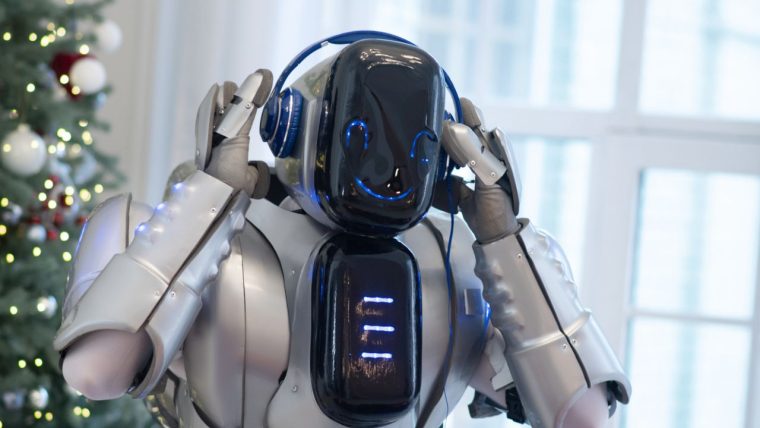
Meta (the parent company of Facebook) just released its own music generator powered by AI technology.
In an attempt to outperform Google, the company also decided to make it open-source.
The new music generator, simply named MusicGen, also offers a free demo that can turn any text description into 12 seconds of audio.
We present MusicGen: A simple and controllable music generation model. MusicGen can be prompted by both text and melody.
We release code (MIT) and models (CC-BY NC) for open research, reproducibility, and for the music community: https://t.co/OkYjL4xDN7 pic.twitter.com/h1l4LGzYgf— Felix Kreuk (@FelixKreuk) June 9, 2023
According to the company, MusicGen can be steered with reference audio.
In other words, users can provide an existing song for the generator, which will then use it as a reference while creating its own tune. It will try to follow the melody and the provided text description alike, creating something new.
According to Meta, the app was trained on 20,000 hours of music. This includes 10,000 licensed music tracks of the highest quality. In addition to that, the tool was exposed to 390,000 instrument-only tracks.
All music used for training MusicGen came from Shutterstock and Pond5. The company did not offer the code used for training the model, but it did make the pre-trained models available.
Anyone with the right hardware, which includes a GPU with 16GB of memory, can run it.
How Does MusicGen Perform?
Once the app was exposed to the public, users were able to test it and see how it performs for themselves.
At this time, it is certainly not yet able to outperform human musicians.
However, its songs have been reasonably melodic, at least when it comes to basic prompts.
As such, the model is more or less equal to Google’s own AI music generator, MusicLM.
However, neither of the two is capable of leaving musicians out of jobs at this point.
Still, the fact that AI-powered apps can make music out of prompts certainly means that generative music is improving.
It is still in its infancy and has a long way to go, but it is heading down the path where people will soon be able to generate music without ever having to touch an instrument.
Is AI-Generated Music Legal?
The advent of AI-generated music has sparked debate over the major ethical and legal issues surrounding it that have yet to be ironed out.
AI-powered music generators cannot create music out of anything. They have to be trained by listening to existing music and then combining the collected knowledge to create something without giving credit to the artists’ work it used. This is something that most artists are not comfortable with.
Regardless, musicians have been able to utilize generative AI to augment their own music that can easily pass as human-made. Some have even gone viral. Music labels were quick to respond to this trend, however, and they flagged them, citing intellectual property concerns.
So far, they have been victorious in such battles.
For example, Universal Music Group took a stand against AI-generated music. Earlier this year, in April, the major record label managed to get YouTube and similar services to take down fake songs using the voices of Drake and The Weeknd.
However, it is still an open question as to whether ai-generated music is actually violating the copyright of labels, artists, or other rights holders.
Related Articles:
- Meta Is Raising $8.5 Billion In Second Bond Offering
- Meta Offers Preview Of Generative AI Products For Its Facebook And Instagram Platforms
- Spotify Purges Tens of Thousands of AI Songs and Cracks Down on Bots
What's the Best Crypto to Buy Now?
- B2C Listed the Top Rated Cryptocurrencies for 2023
- Get Early Access to Presales & Private Sales
- KYC Verified & Audited, Public Teams
- Most Voted for Tokens on CoinSniper
- Upcoming Listings on Exchanges, NFT Drops